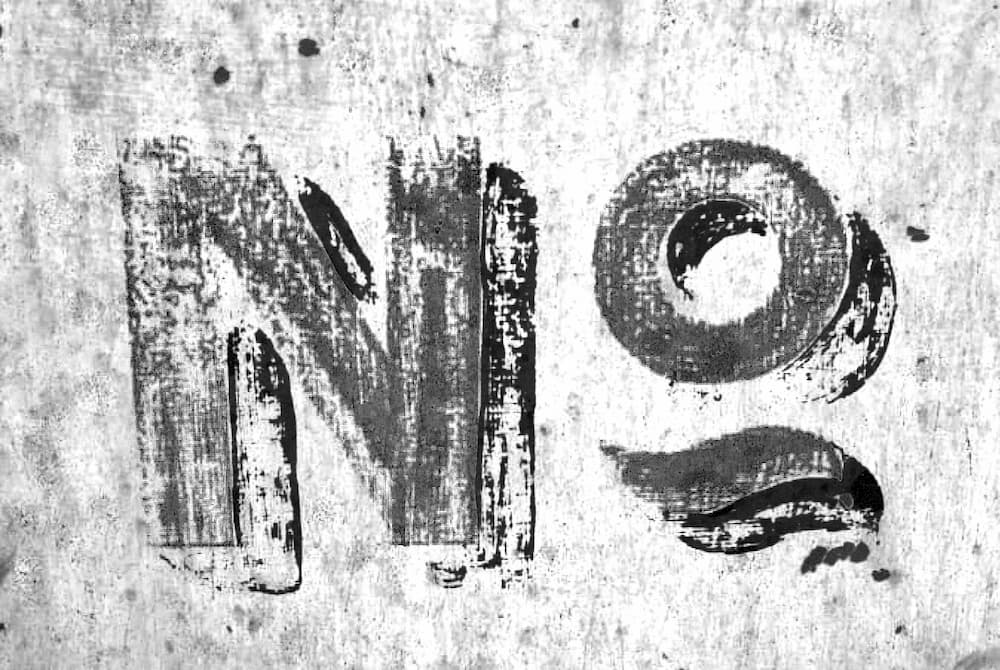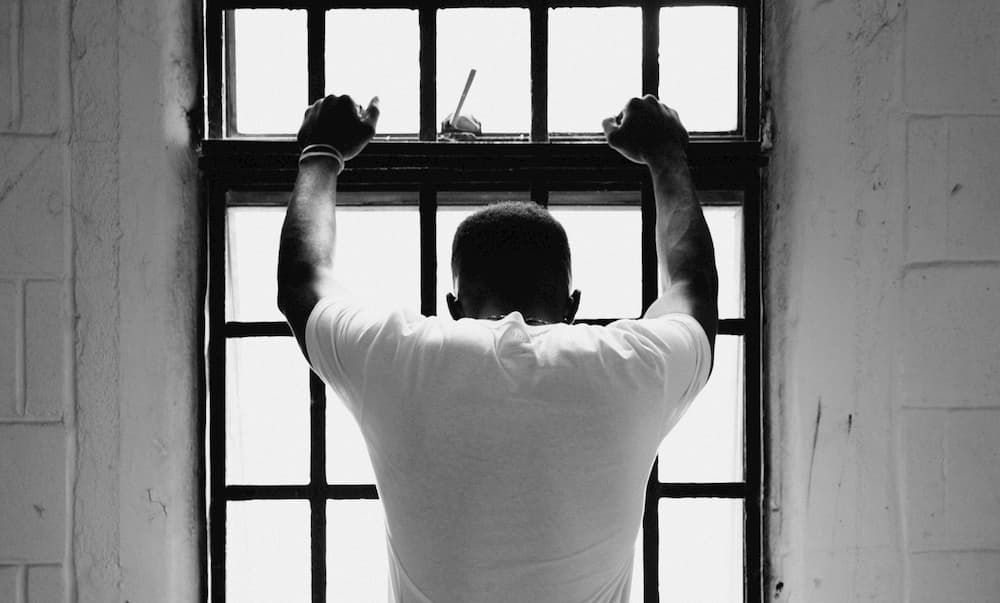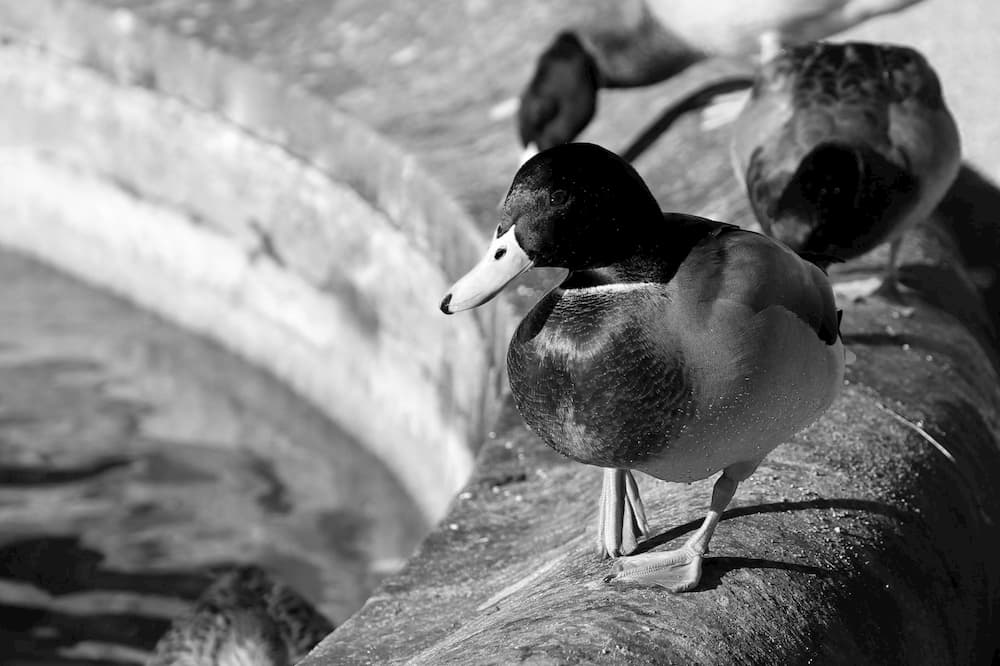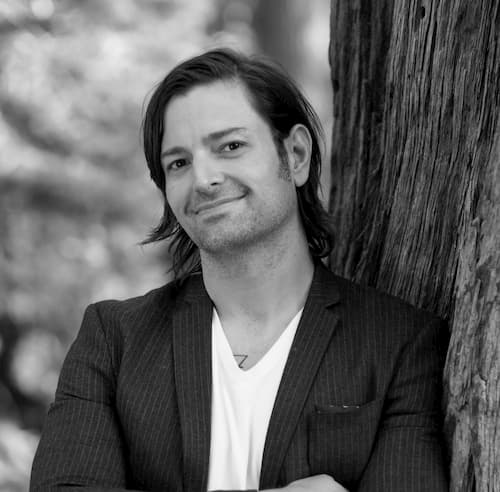
The Bear We Must Learn to Bear
The Guilt of Saying No
© 2020 Ralph De La Rosa, LCSW
From Don’t Tell Me to Relax: Emotional Resilience in the Age of Rage, Feels, and Freak-Outs. Reprinted in arrangement with Shambhala Publications, Inc. Boulder, CO.
“No” is golden. “No” is the kind of power the good witch wields. It’s the way whole, healthy, emotionally evolved people manage to have relationships with jackasses while limiting the amount of jackass in their lives.
— Cheryl Strayed

Entire precious lives have gone half-lived behind the thought, “But I don’t want to upset anybody.” Almost every well-intentioned person I know has difficulty discerning the line between this form of codependence and compassion. The list that follows is simple and even reductive but also a game-changing reminder. It is also not a moral code, and these are not maxims that are always a good idea. In fact, if you followed this list to a tee, it could be a recipe for being a terrible person. But that doesn’t erase the following truths:
- You are allowed to say no.
- You are allowed to not be nice about it.
- You are allowed to not offer any explanations as to why.
- You are allowed to not know why you are saying no.
- You are allowed to not care at all what the other person feels as a result.
- You are allowed to care about what the other person feels without taking their feelings to be your own.
- You are allowed to care about what the other person feels—and nonetheless not display to them that you care how they feel, in order to avoid getting tangled back up with that person.
- You are allowed to take measures to avoid getting tangled back up with someone after you’ve set a boundary.
- You are allowed to discern whose emotions are whose in a situation and only tend to your own.
- You are allowed to not make sense to anyone else.
- You are allowed to walk away at any time.
As you read that, a barrage of but! and what if! and I’m not ready! may have bubbled up inside you. This list is completely and utterly independent of that. None of those “buts” coming from your defensive parts erase these simple truths. Check to see if you find guilt or fear embedded in any reactions you had to reading that. You likely have something to get curious about and process here. I invite you to consider working with that fear and guilt. Working with fear and guilt is often just the price of admission to realms of personal liberation.
THE COMPASSIONATE NO
Think about the last time you said yes to something when inside of you there was really a no. Something was asked of you, perhaps to show up some place or to do something for someone, and you said yes when, in your body, there was a sensation of no. It might have seemed selfish to say no. You might have such a strong habit of giving in to others, or perhaps have even come to enjoy letting others set the agenda, that you didn’t even “hear” or “feel” the no—and yet it was there, somehow. Indeed, most of us who don’t have the greatest feel for our boundaries often don’t realize that there was a no there until after the fact. After we’ve gotten home from the draining event, after we’re already entangled in some half-hearted commitment, after a toxic person who drains us is walking all over us yet again—then we realize we made the wrong choice: that we should’ve spoken up for ourselves.
To be clear, there are situations in which we feel resistance to things that are good for us, like meditation, exercise, or spending time with someone who challenges us in healthy ways. That’s not the kind of no I’m talking about. That’s the kind of no we’d do well to get curious about, or maybe learn how to gently dance past so we can move closer to our truest desires. That kind of no is a selfish no. Being able to decipher between a selfish no and a compassionate no is part of what this chapter is about.
A compassionate no is the kind you feel when you’re asked to go to an event and you are tapped out. Or when you find yourself planning a trip to see someone, possibly a family member, who’s frequently abusive toward you. Or when you’re in the presence of someone who has drained your energy so many times in the past and here you are, feeling that sense of depletion, while fake-smiling and trying to cover up how badly you want to head for the hills. That’s the kind of no we need to heed more often in the process of reparenting ourselves.

THE BODY IS OUR COMPASS
Stop and remember a time like one of those no’s I just described. Take a breath, slow down, and really relive the experience in your mind’s eye. What happened? How did you feel? What thoughts went through your mind? What did your body feel like? Do that, take some mental notes, and then come back.
Most importantly: What happened in your body? Was there a tightness somewhere? Where was it? Was there a heaviness? An anxiety? What happened in your shoulders? In your belly? In your arms and legs? Beyond the body, can you recognize this event in general as being a pattern in your life? Maybe a pattern with this particular person or with a sort of situation that keeps repeating itself?

The bodily guidance system I’m pointing toward with these questions is that of our soma (Greek for “living body”), which is constantly talking to us, sending us signals and information. The problem is that the true, intuitive voice of the soma is often crowded out by too many competing inner voices. If we practice sensitizing ourselves to our bodies, such as with the “Grounding: Body of Breath” practice on page 94, that sense will become clearer. If we actually listen for and follow through with the guidance we’re receiving, that sense will become clearer still. And if we do the work of healing the trauma almost all of us hold in our bodies, that voice will begin to get loud and clear as a bell.
It’s important to think of checking in with your bodily felt sense as a practice, because there’s plenty of momentum in the habit of saying yes. When it comes to saying no and holding boundaries, the fear of feeling guilty is perhaps the number one overriding force of our sense of no. We don’t want to let anyone down. We fear what they might think of us. We fear the backlash. We fear what might happen to someone if we don’t show up or help in some way. We see someone with a need we technically could help them address, and so we feel it’s our responsibility. We feel obligated. All of this means that there’s a certain tenderness we have to cultivate in saying “no.” We can learn to acknowledge that we truly want to be helpful people, responsive people, and that doing so involves saying “no” much more than we thought it did.

In countless sessions, clients have told me about painfully tangled interpersonal webs they find themselves in. I typically ask, “Why didn’t you say no?” only to have the response come back, “I would’ve felt guilty.” My follow-up question: “Which is worse, the situation you’re in now or the guilt you would have felt?” Which one is more intense? Which one lasts longer? Guilt is indeed a bear of an emotion: a formidable beast we dread meeting with in the vast forest of life, but we must learn to hold it. We must learn to bear the bear of guilt if we want to stay true to ourselves and not cause harm with our codependency, however subtle. Holding space for the bear of guilt is often one of the kindest things we can do—for ourselves, for those with whom we’re in codependent relationships, and as an example to others.
That’s step one: to be willing to feel the guilt in the wake of saying no or holding some sort of boundary. Step two would be to acknowledge the toxic shame embedded in the guilt and to offer the energy of curiosity or self-love to that part of you.
DUCK BREAD
There’s one last consequence that I’d like to discuss about saying yes even when you feel a no in your body. It’s the most common one: resentment.
Marshall Rosenberg, author of Nonviolent Communication, discusses the concept of memnoon, an Arabic word that roughly translates to “the request that blesses the giver.” Rosenberg translates this as, “Please do as I request only if you can do so with the joy of a little child feeding bread to a hungry duck. Please do not do as I request if there is any taint of fear of punishment . . . [or] you would feel guilty if you don’t.” A client of mine once abbreviated this to “duck bread” so that it’d be easier to remember. Basically, if we’re not feeling a full yes about something, it might be best to say no and to bear whatever comes up as a result. After all, would you want somebody showing up for you begrudgingly? Or only because they feel obligated to? Or, worse yet, only because they fear being on the receiving end of you shaming them if they don’t?

When interactions are imbalanced in this manner, an iota of resentment is generated and stored away. Over time, with repeated experiences such as this, those iotas really begin to add up. Resentment is one of the greatest usurpers of love and affection on the planet. I can’t tell you how many couples have landed on my therapy couch full of stored resentments that have slowly eaten away at what was once a beautiful and nourishing connection. I find consistently in such situations that one or both of them have long been tolerating and bottling things they should have refused at the onset. But they didn’t. What could have been a simple, “Hey, that doesn’t work for me, can we find another way?” years ago is now a seething heap of layered complexities of the kind that so often, and so heartbreakingly, never gets resolved.
Some friends of mine live in an intentional community in Brooklyn where they have a custom: when someone says no to something, to anything, the other person responds, “Thank you for taking care of yourself.” This practice is borne of the awareness that if you don’t take care of you, I’ll end up having to do that in some way down the line. If your plate is already too full and you don’t express your no to my birthday party or performance or brunch invitation—if you say yes instead—I might get my way, but the price tag of resentment in our relationship is just too expensive.
“No” is often the most compassionate option on the table. But, as mentioned above, it will be difficult to connect with that soft, inner voice that says “no” if we’re strongly habituated to saying “yes.” This practice becomes so much easier when we devote some time to practices of embodiment that help us sense ourselves with greater refinement.
ABOUT THE AUTHOR
 Ralph De La Rosa, LCSW, is a psychotherapist in private practice and a seasoned meditation instructor. His work has been featured in the New York Post, CNN, GQ, SELF, Women’s Health, and many other publications and podcasts. He regularly leads immersive healing retreats at Omega Institute, Spirit Rock, and Kripalu. He is a summa cum laude graduate of Fordham University’s social work program and has trained in multiple forms of trauma-focused treatment including Internal Family Systems therapy (IFS) and Somatic Experiencing (SE). For more, please visit www.ralphdelarosa.com.
Ralph De La Rosa, LCSW, is a psychotherapist in private practice and a seasoned meditation instructor. His work has been featured in the New York Post, CNN, GQ, SELF, Women’s Health, and many other publications and podcasts. He regularly leads immersive healing retreats at Omega Institute, Spirit Rock, and Kripalu. He is a summa cum laude graduate of Fordham University’s social work program and has trained in multiple forms of trauma-focused treatment including Internal Family Systems therapy (IFS) and Somatic Experiencing (SE). For more, please visit www.ralphdelarosa.com.
Posted by mkeane on Friday, December 4th, 2020 @ 5:52AM
Categories:
